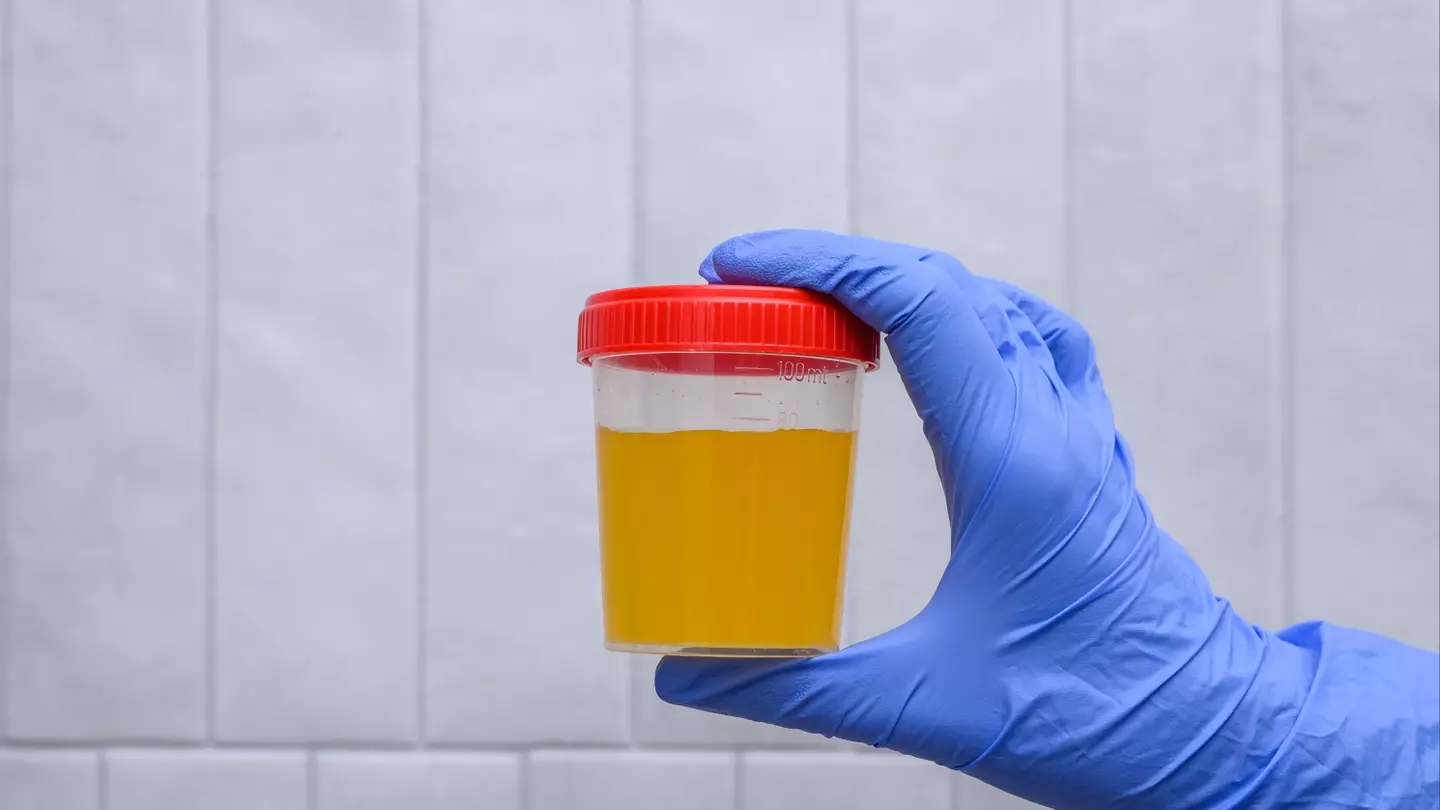
There are a bunch of things our bodies do to tell us what we're needing more or less of.
Whether that's sleep, alcohol, fruits and vegetables or even vitamins - you name it - many of us can trust that our bodies will respond in certain ways when it comes to something we're lacking or overdoing.
And that's exactly the case for our wee, which can apparently actually reveal how stressed you are.
Yep, it's not just hydration or, more commonly, dehydration, which shows in the colour of our wee as it's also our mental state too!
Advert
New research published this month in the Journal of Applied Physiology has found that the colour of your wee can indicate how well, or not, your body deals with stress.
And before anyone freaks out, don't fret, as it's a very easy problem to fix.

Now, if you take a look at the toilet bowl once you've gone for a number one and a pool of dark-coloured urine is looking back up at you, it's a telltale sign that your body is dehydrated.
Not being properly hydrated can cause a whole load of physical issues including fatigue, headaches and blurred vision.
But, it can also impact your hormones too!
In the study, scientists found that people who drank less than 1.5 litres (or 6.34 cups) of water a day had dramatically higher levels of cortisol than those who drank just above the recommended amount (about two litres for women and 2.5 litres for men).

Cortisol, by the way, is the stress hormone and it makes changes to the way your body functions when you face stress.
Now, if your stress is triggered by real life-or-death threats, those changes are important for survival.
However, if your stress is more to do with an impending work deadline, the side effects of cortisol can make you feel worse.
In the long term, having too much cortisol in your system can result in anxiety, depression, problems with memory and focus, stomach issues, heart disease, including heart attack and stroke, sleep issues and weight gain.
Not good, that.
But why does dehydration make you produce more cortisol?
Well, study authors Daniel Kashi and Neil Walsh explained that it's all actually down to another hormone - vasopressin.
Your brain puts out vasopressin when you’re dehydrated.

And, to help deal with the dehydration, vasopressin tells your kidneys to hold onto water, while also getting involved in how your brain responds to stress.
It may even lead to more cortisol being released.
"In societies where chronic stress is increasingly recognised as a public health crisis, hydration emerges as a surprisingly accessible intervention," Kashi and Walsh said.
"Although proper hydration won’t eliminate life’s pressures, it might help ensure your body is better equipped to handle them. In a world where stress feels inevitable, that physiological advantage could prove more valuable than we’ve previously recognised."
If you're experiencing distressing thoughts and feelings, the Campaign Against Living Miserably (CALM) is there to support you. They're open from 5pm–midnight, 365 days a year. Their national number is 0800 58 58 58 and they also have a webchat service if you're not comfortable talking on the phone.
Topics: Explained, Health, Mental Health, Food and Drink, Science, Life